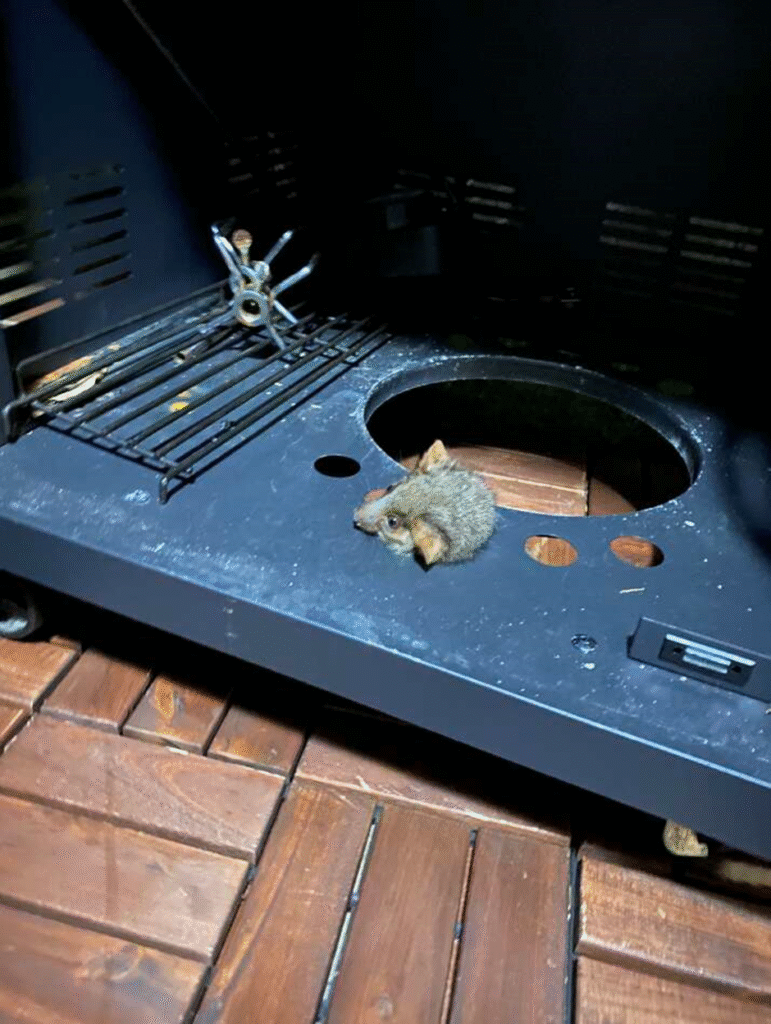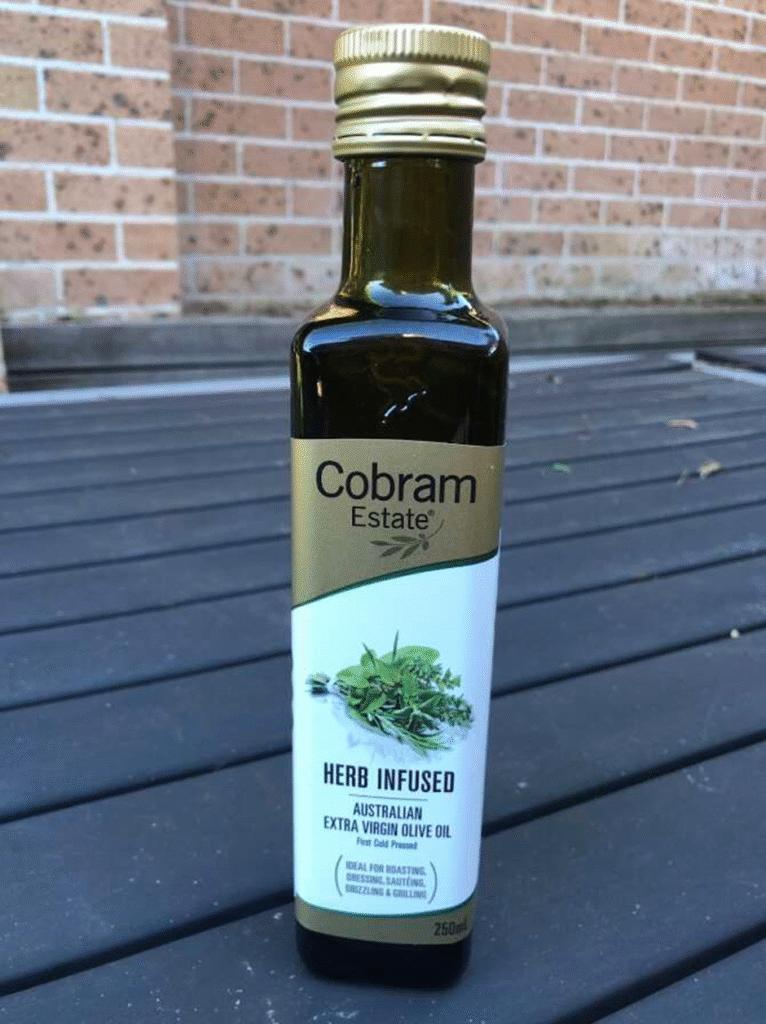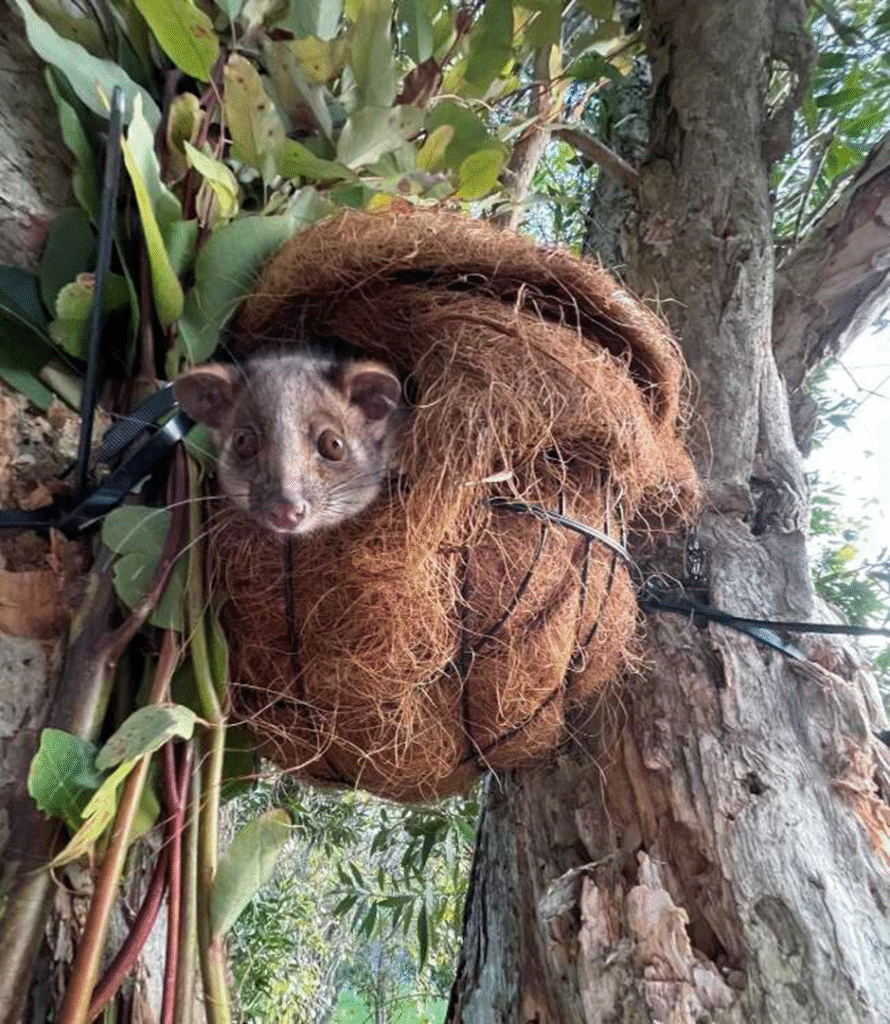The smell of spring was thick and damp, carrying the scent of thawing earth and newly cut grass. For Clara, this meant one thing: the annual backyard cleanup. The old charcoal barbecue, a large, cumbersome kettle model that had sat unused beneath a tarp all winter, was her first target. It was time to wheel it out, brush off the cobwebs, and contemplate the summer grilling season.
Clara wrestled the stiff, dusty tarp off the grill, coughing lightly as the grit settled around her. She noticed immediately that something was wrong. The top lid, which should have been secured by a small metal latch, was ajar, resting at an odd, tilted angle. A mouse, she thought with annoyance, or maybe a raccoon got in there looking for last season’s grease. She was prepared to find a nest of twigs or, worse, a decomposing rodent.
She gripped the handle of the lid, inhaled a breath, and prepared to fling it open.

The sight that greeted her stole her breath and rooted her feet to the damp patio stones. She was, quite literally, lost for words, managing only a short, panicked squeak that sounded less human than avian.
Nestled deep inside the bowl of the barbecue, amidst the rusting charcoal grate and the faded ash, was a baby black bear.
It wasn’t a fierce creature, but a tiny, terrified cub, no bigger than a large terrier. Its muzzle was dark, its eyes wide and glistening with fear, and its small, round ears were pressed flat against its head. It was curled tightly, jammed into the narrow space, and clearly, absolutely trapped. The cub had likely been attracted by the residual smell of fat or food remnants, squeezed in, and then found the opening too awkward to navigate backward.
Clara’s first instinct—a purely primal one—was to bolt back toward the house. But the cub’s profound vulnerability stopped her. It wasn’t snarling or snapping; it was whimpering, a high-pitched, desperate sound that spoke only of panic and exhaustion. Her fear immediately transformed into fierce, protective concern.
She took a shaky step back, assessing the situation. The cub was small, but its weight and struggle meant she couldn’t simply yank the lid open and release it—it might panic and injure itself. Moreover, where was the mother? A bear cub doesn’t travel alone.

Clara spent the next ten minutes standing motionless, whispering soft, useless reassurances to the terrified animal. The cub blinked slowly, watching her every move, its tiny paws scrambling uselessly against the cold metal.
She quickly called the local wildlife rescue organization, speaking in hushed, urgent tones. “I have a trapped baby bear… in my charcoal grill… in the backyard… yes, really, a bear cub.”
The dispatcher, who had undoubtedly heard everything, advised her to stay calm, keep a safe distance, and watch for any sign of the sow (the mother bear). “If she’s nearby, she’ll be dangerous. Do not approach the cub any closer.”
The minutes that followed were excruciatingly slow. Clara stood guard from the safety of the kitchen window, watching the little black shape tremble inside the dusty grill. The sun climbed higher, warming the metal and making the situation more urgent. The cub began to pant softly.

Finally, a truck pulled up, carrying two wildlife officers, Mark and Lena, dressed in heavy-duty gear. They approached the grill cautiously, Mark holding a long pole with a loop, Lena carrying a blanket and a tranquilizer gun—just in case.
“Well, I’ll be,” Mark muttered, circling the grill. “That’s a new one. Poor little guy just wedged himself right in there.”
The cub, sensing the new human presence, let out a fresh round of whimpers.

As the heavy, sooty grate was lifted away, the cub finally had room. Instead of bolting in a frenzy, the little bear hesitated, blinking in the sudden rush of cool air and sunshine. He seemed confused by the wide-open world.
Mark backed away slightly, offering a clear path. The cub slowly, cautiously, clambered out of the metal bowl. He was skinny and covered in charcoal dust, but miraculously uninjured.
Once free, he didn’t run. He stood for a moment, unsteady on his small legs, his nose twitching as he took in the unfamiliar scents of the patio. He looked back at the gaping, dusty barbecue bowl that had been his cage, then up at the towering humans who had engineered his freedom.
Lena made a soft, clicking sound with her tongue, a gentle call designed to mimic a sow’s communication. The cub immediately turned and began to scamper across the grass, heading straight for the dense line of trees at the edge of the property, its little black tail disappearing into the thicket of ferns.
The officers packed up quickly, confirming the cub had made it safely into the woods and that the mother would likely find him using his scent. “They don’t leave their cubs for long,” Lena assured Clara. “She was probably waiting nearby, just too scared to approach the house with us here.”
Clara watched the spot where the cub had vanished. She felt a wave of dizzying relief and a profound sense of awe. She had looked into the eyes of a wild, desperate creature, and for a terrifying moment, their fates had been intertwined by an ordinary barbecue grill.
Later that evening, after the sun had set, Clara was looking out her kitchen window again. A larger, darker shadow moved silently at the edge of the tree line. It was the sow. She stood there, regal and cautious, looking toward the house, perhaps surveying the area where her baby had been held. Then, a smaller shadow emerged from the ferns, and the cub rushed to meet its mother.
The sow paused, nudged the cub firmly with her massive head, and then the two disappeared together into the deepening gloom of the forest. .
Clara smiled, her heart full. She finally had her words back, though she didn’t need them. She knew the truth that mattered: that compassion, even for the most unexpected and inconvenient of visitors, always finds a way, proving that the greatest surprises often lead to the most meaningful rescues. The old charcoal barbecue, now empty and clean, had served its most important purpose yet.


